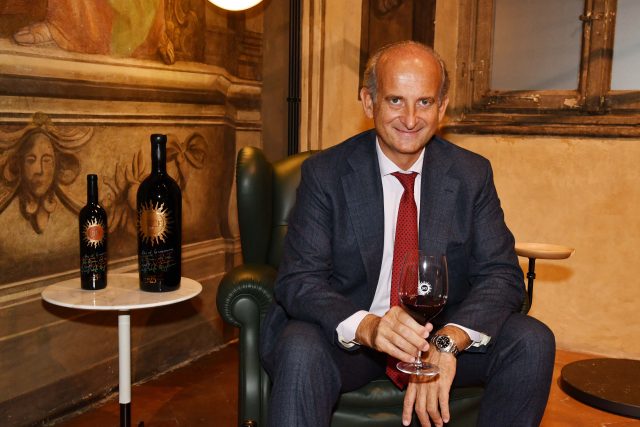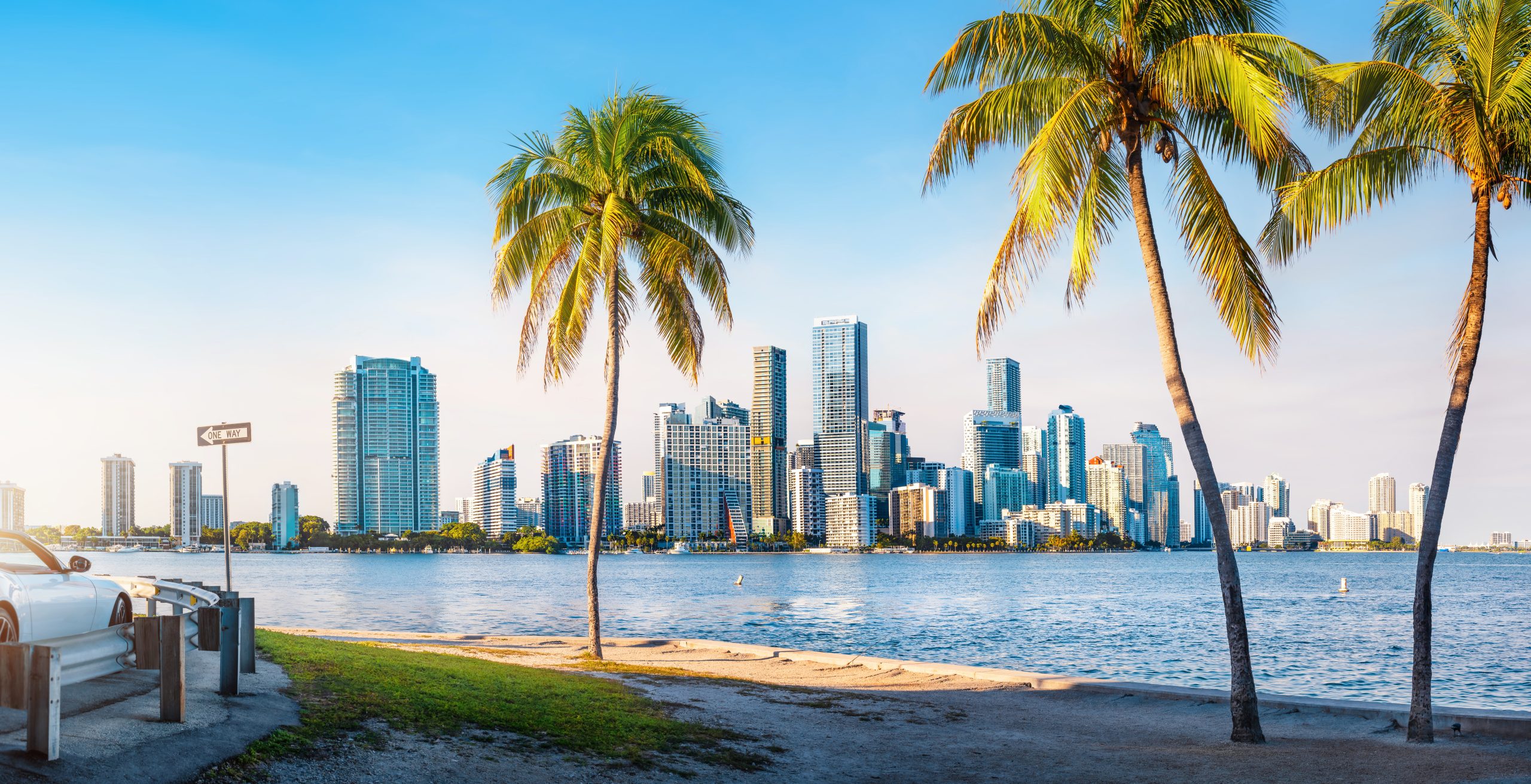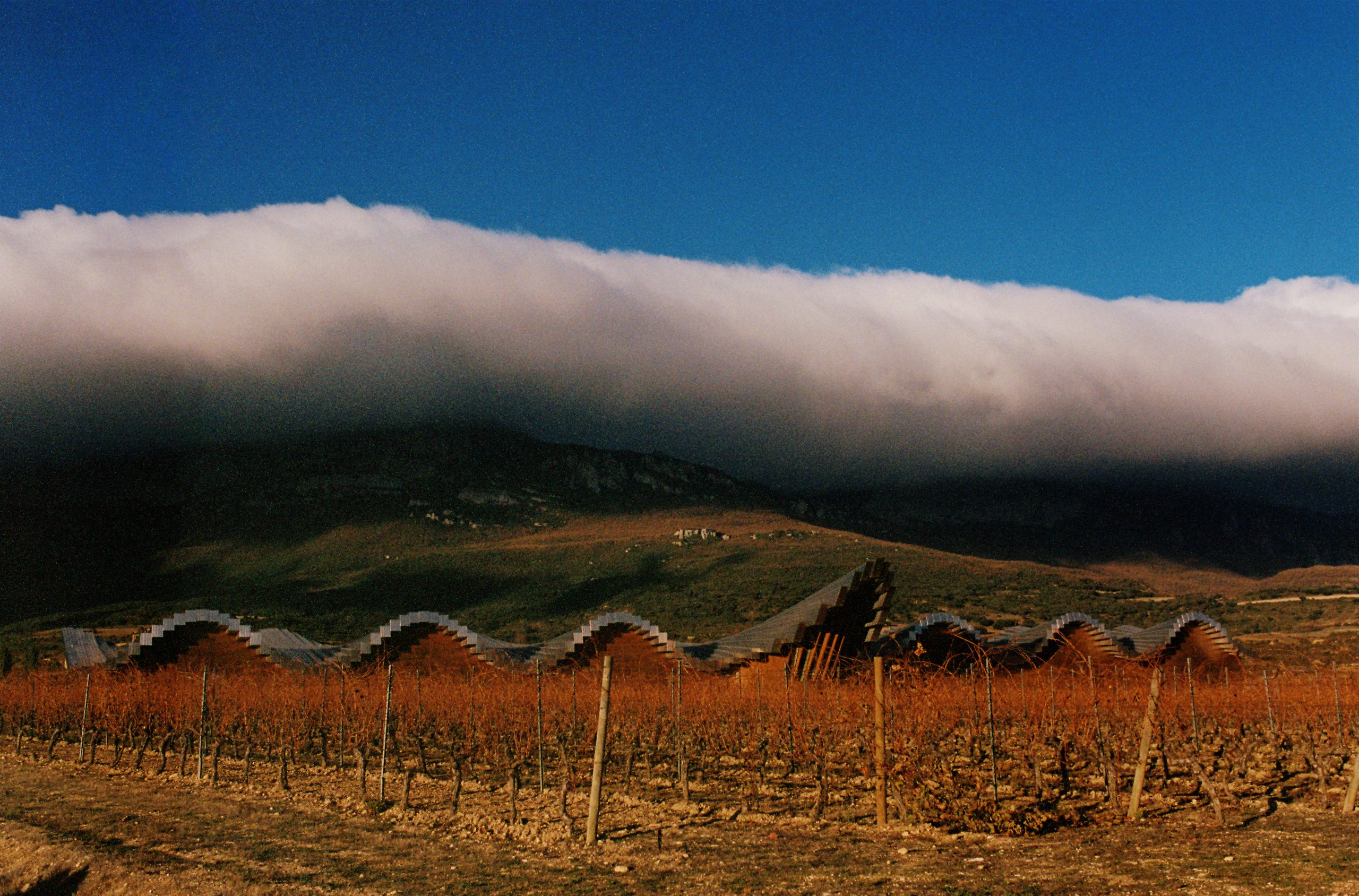Frescobaldi: ‘We must be optimistic – if not, let’s do something else’
Lamberto Frescobaldi, president of the family-run Tuscan wine titan, talks to Louis Thomas about why he has plenty of reasons to be cheerful.

Meeting with the drinks business at this year’s Vinitaly, Frescobaldi opened by revealing that, despite the Russian invasion, Ukrainians are still buying the company’s wines – something he attributed to a mentality of trying to find small pleasures amidst times of great hardship: “A large proportion of a population, during difficult times when the parameters change, will try and say ‘let’s enjoy life’.”
It’s a similar trend to what was seen in Israel in the aftermath of the onset of war, with wine sales up 100% in the month after the Hamas attacks on 7 October.
The Russian question
Of course, Italy and Russia have deep diplomatic and cultural ties, with Frescobaldi calling the two peoples “very similar” and noting that Russian families often holiday in Florence.
Indeed, he spoke of the place Russia used to hold for the company: “Russia was a very important market. There was such an energy there for many years, I always felt good about going to Russia because you were really involved in this tremendous energy of wanting to enjoy freedom – something their fathers and grandfathers missed for many years.”
The company refused to divulge specifics regarding the size of its export markets, or any further financial information.
But, with President Putin’s invasion of Ukraine in March 2022, Frescobaldi shared that the company had to take a stance: “It has been a real shame, but we had to take a position. We are positive that things are going to come back, but for the time being we have been very soft on shipping wines to Russia. Maybe we have been too romantic, but we took that decision.”
Given Italy is also a member of the North Atlantic Treaty Organisation (NATO), its wines are also at risk of being slapped with a 200% duty if exported to Russia, something that Frescobaldi suggested would also affect premium wines.
By contrast, Frescobaldi revealed that the UK’s new, much-maligned alcohol duty system was not necessarily going to hit higher-end wines as hard: “When you’re paying £100 or more for a bottle of wine, those extra few pence aren’t changing things.”
Despite this, his outlook regarding the UK market was not particularly positive: “These days, one country where we see that things are not moving as they used to is Britain. I don’t know if it was Brexit that has created some issues, but there are more difficulties in Britain than in other countries.”
Chasing perfection
The conversation then turned towards Frescobaldi’s views on whether it is becoming more difficult to make wine in Tuscany, especially in light of the shortages of vineyard workers that the region is facing.
Partner Content
“You had people that were coming and working for you and, if you treated them right, they would never leave. Their father worked with you, their son works with you. Now we are a little less romantic about it – people move more often, they choose to be closer to the city. They might say their wife lives in Siena and doesn’t want to move to Montalcino, so I’m going to go to Siena and find a job round there. The first thing is to be solid and right with people.”
For Frescobaldi, technology has a role to play in addressing this: “We use sorting tables with optical technology – that has given us the opportunity to do things more precisely. When we use people for that, after a couple of hours they become tired, but not the machine, it is tireless.”
But he certainly isn’t an advocate for replacing all hands with machinery – instead, he believes that there is still a strong need for skilled workers: “Use people to do things that the machine cannot do: when you prune, or sort shoots, you need to think, and so it has to be done by people.”
Technology is also only one area that the company is looking into across its estates in an effort to optimise production.
“Rootstocks, clonal selection, planting location – there is constant research. You are always asking yourself what you can do to make the wine better,” he said. “There’s always an ongoing fine-tuning process.”
Even though there is never an end in sight for that process, for Frescobaldi, it is the journey that matters.
“Look at this bottle of wine,” he said, gesturing to a bottle of Tenuta Luce Brunello di Montalcino 2019. “If we started from scratch now, checking the soil, planting the vines, waiting five years for them to produce grapes, harvesting, then ageing the wine for five years – that’s already 10 years. Are we optimistic or not? We must be optimistic – if not, let’s do something else.”
Asked about what he would opt to eat with the wine, Frescobaldi quipped: “I wouldn’t focus too much on what we drink it with, I would focus more on with who – do it with somebody that you like…though in England I would love it with some Stilton, that cheese is one of the best cheeses.”
Related reading:
Vinitaly: 8½ Italian wine trends to watch out for
Related news




